The accuracy of an industrial metering diaphragm pump plays a crucial role in ensuring the efficiency of various industrial processes. These pumps are designed to deliver fluids at precise flow rates, and when their accuracy is compromised, it can have a direct impact on the overall process efficiency. Industries such as chemical processing, pharmaceuticals, water treatment, and food production rely on these pumps for accurate fluid dosing to ensure consistent product quality, regulatory compliance, and cost efficiency. Inaccurate fluid delivery, even by small margins, can lead to significant consequences, making accuracy an essential feature of industrial metering diaphragm pumps.
Accuracy is important because it ensures that the correct amount of fluid is delivered to the system at the right time. In many industrial applications, particularly those involving chemicals or pharmaceuticals, the precise amount of a substance is vital for achieving the desired results. For example, in a chemical reaction, if the flow of chemicals is not accurately controlled, the reaction may be incomplete, leading to product defects or chemical waste. This not only wastes valuable materials but can also lead to costly downtime or the need for reprocessing. In industries such as water treatment, improper dosing can result in inefficient treatment, potentially causing environmental harm or regulatory issues.
When metering pumps are inaccurate, the consequences can be serious. Over-dosing, for instance, leads to the waste of expensive materials. In chemical industries, over-dosing can also cause imbalances in chemical reactions, which may damage sensitive equipment or affect the quality of the final product. On the other hand, under-dosing can result in ineffective processes, where the desired outcome is not achieved. In the pharmaceutical industry, for example, under-dosing can result in the failure to meet product specifications, leading to defective products that might not only harm the brand's reputation but also result in costly product recalls. Both scenarios are costly, both in terms of material waste and the potential for process inefficiencies or safety risks.
Improving the accuracy of an industrial metering diaphragm pump is essential for optimizing process efficiency. There are several ways to enhance accuracy. One of the most effective methods is to equip the pump with advanced features such as digital flow controls, stroke length adjustments, and real-time monitoring systems. These features allow for greater control over fluid delivery, ensuring that the pump operates within the desired specifications. Regular calibration and maintenance are also crucial in maintaining accuracy. Pumps that are not properly calibrated over time can lose their precision, leading to inaccurate dosing. Regular inspections and servicing of the pump ensure that it continues to operate at peak performance, reducing the risk of errors.
Selecting the right pump for the application is key to ensuring accuracy. Each application has its own specific requirements in terms of flow rate, pressure, and fluid characteristics. Choosing a pump that matches these requirements helps prevent inaccuracies caused by pump limitations. Using high-quality materials and components in the construction of the pump also contributes to better performance. Low-quality parts are more likely to wear out or become damaged, which can lead to deviations in pump performance over time.


 English
English русский
русский عربى
عربى

.jpg)
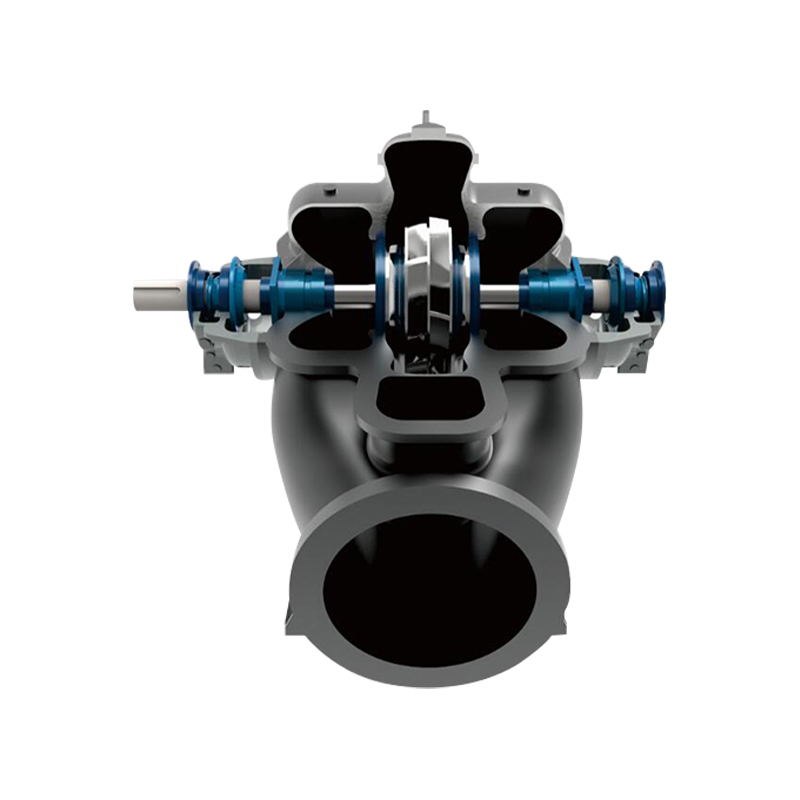
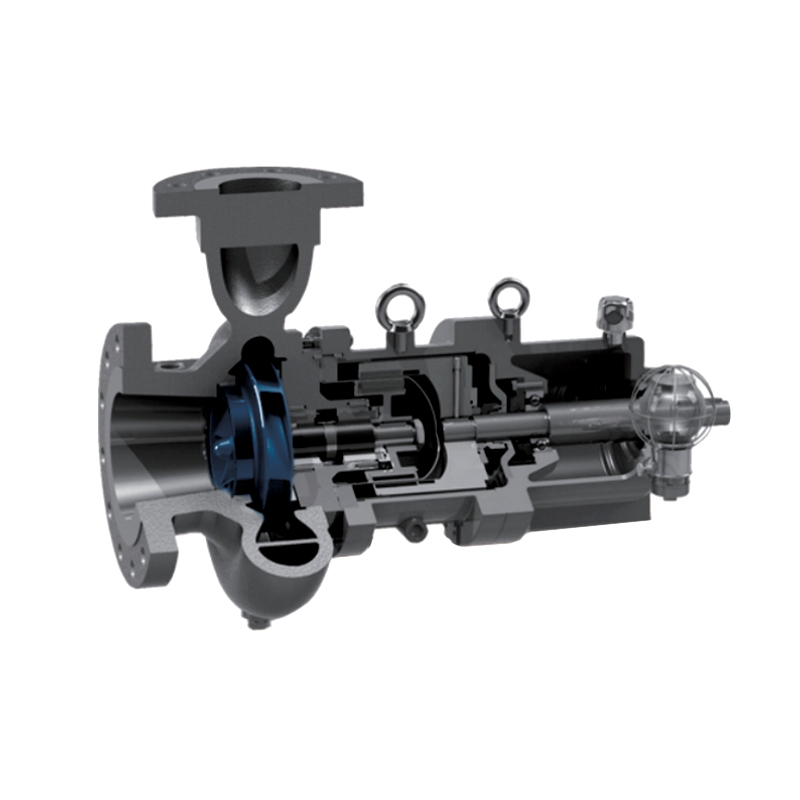
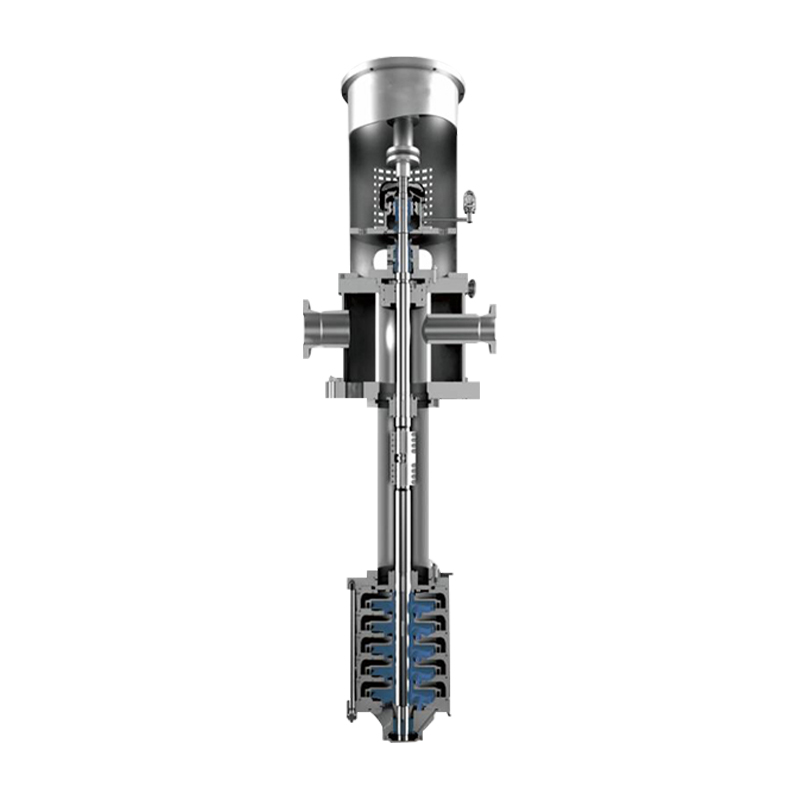
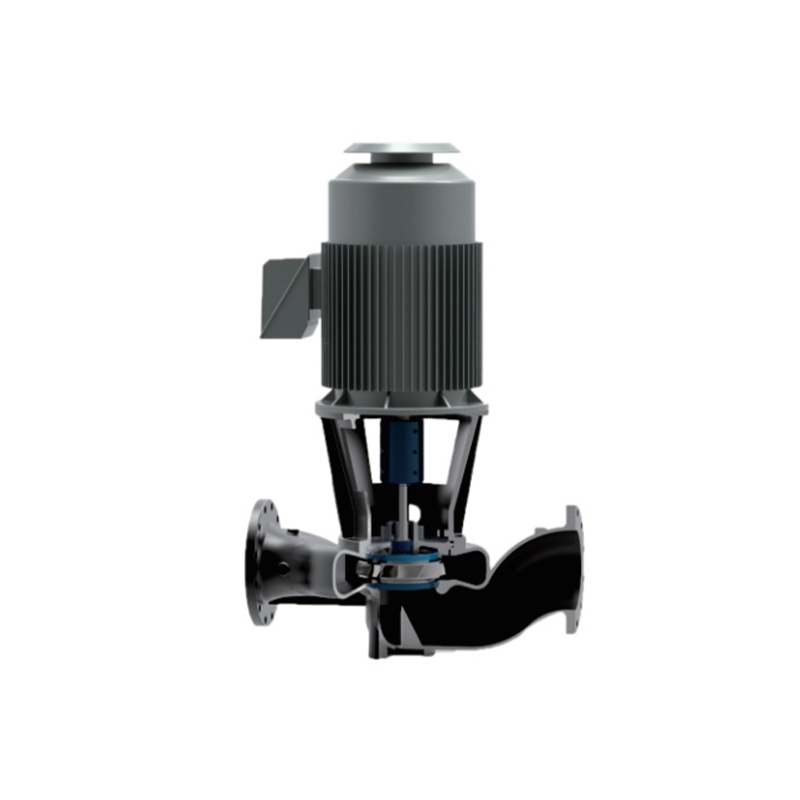

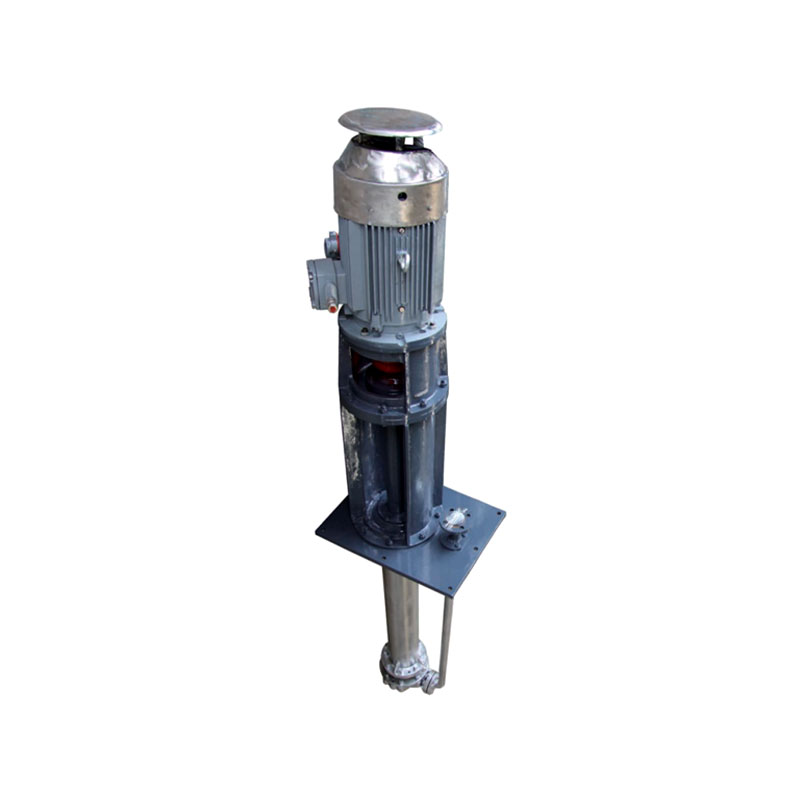
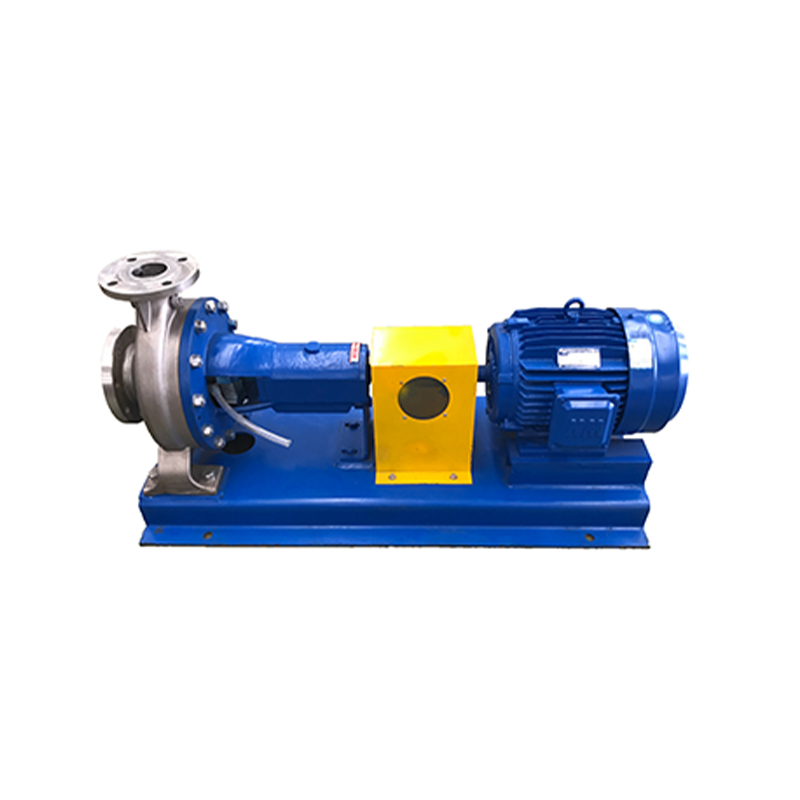

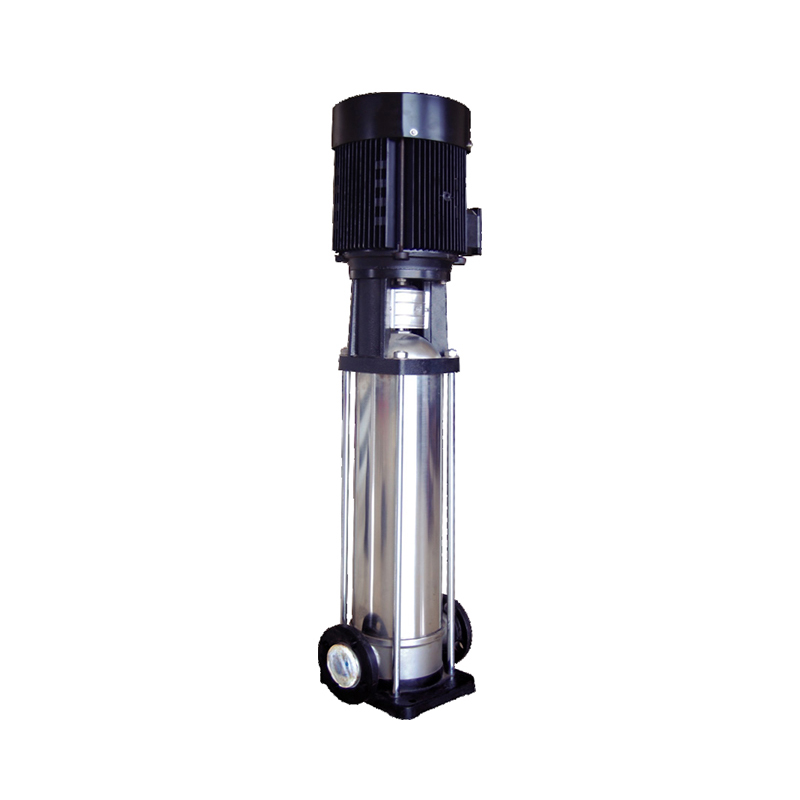






 ENG
ENG

 TOP
TOP